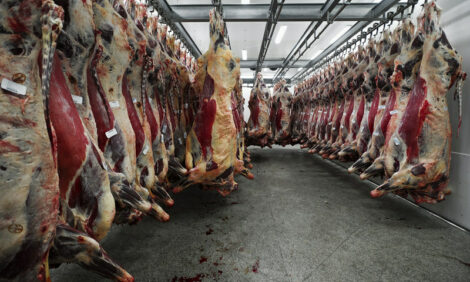



Floods in North Island Spark Armyworm Warning
NEW ZEALAND - DairyNZ is warning Northland dairy farmers about a possible population explosion of armyworm, caused by recent flooding.DairyNZ regional leader for Northland Tafi Manjala says farmers need to deal with the caterpillar pest quickly to curb its spread.
“Pastures that have been flooded are at high risk as the eggs get washed to the flooded areas and caterpillars hatch just in time to attack the re-sown new grass,” says Mr Manjala.
“If you have an armyworm infestation we advise you to contact your merchant or spray contractor for advice on what to spray,” he says. “Check your new pasture now and if you have an infestation, hit them hard and hit them fast.”
“Sprays with the active ingredient chlorpyrifos or diazinon are registered for use in pasture.”
The name armyworm comes from the way the caterpillars ‘march’ across a field in formation, eating all suitable plant material in their path. Colours vary. Caterpillars grow up to 50mm long. Populations decline as winter starts.
In summer the eggs hatch within a week and the caterpillars take about three to four weeks to fully develop. The pupal stage lasts about two weeks and the female moth begins laying eggs about four days after it emerges from the pupa.
TheCattleSite News Desk


